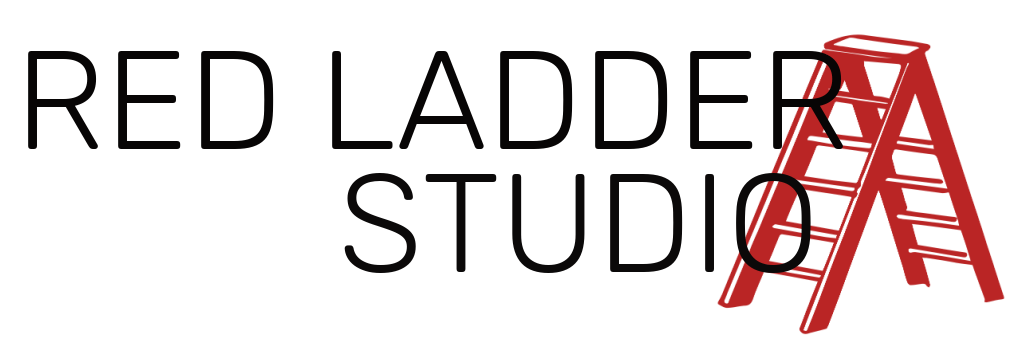The failure bow
“Nowadays most people die of a sort of creeping common sense, and discover when it is too late that the only things one never regrets are one’s mistakes.”
I cringe when I look back at some of the Red Letters I sent out in the beginning of this project.
I would write far too much and yet, somehow, end up being vague! It’s taken me ages to learn how to write less. And to find a voice on paper that actually sounds like me and not a 1950s school teacher.
The thing is, I know that a year or two from now I’ll be looking back at this and cringing.
Isn’t that brilliant? A life of continually cringing about my past efforts means a life of continually trying to learn new skills.
In an ideal world, we could all wait until we are experts before we try anything.
Maybe that’s why I don’t make ‘art’. I would want to be immediately good.
But you only get good by being prolific. And you can only be prolific if you are without anxiety about non-perfection.
“One thing, all things: move among and intermingle, without distinction. To live in this realisation is to be without anxiety about non-perfection.”
If you, like me, want more creativity in your life, then like me, you might find yourself in a catch 22 situation.
To bring your creative ideas to life, you need skills.
To become skilled at anything you need to be prolific, you need to draw, write, bake A LOT.
Being prolific is going to mean making a lot of mistakes.
Who enjoys making mistakes?
Have you heard of ‘the failure bow’? It comes from the world of improvisers and trapeze artists.
You’re at the circus, holding your breath. Wondering if the trapeze artist will get his timing wrong by one millisecond and not be there to catch his partner as she flies through the air.
He misses, he’s made a mistake. She falls into the net. They failed.
What happens next? Does she hang her head in shame and climb down off the net, trying her best to be invisible? No. She stands up tall, arms raised above her head, and takes a bow, the failure bow.
Without all those misses over the years of training, there would be no catches.
Without all our failures we’d have no success.
“Understanding the difference between healthy striving and perfectionism is critical to laying down the shield and picking up your life. Research shows that perfectionism hampers success. In fact, it’s often the path to depression, anxiety, addiction, and life paralysis.
If you trade your authenticity for safety, you may experience the following: anxiety, depression, eating disorders, addiction, rage, blame, resentment, and inexplicable grief.”
Wabi-sabi is an aesthetic that celebrates failure. Clothes become torn and are beautifully patched. Bowls break and are carefully pieced together.
I’m going to celebrate my own mistakes more.
I’m going to be even more prolific in doing the things I love and I’m going to become better at them by making more and more mistakes.
If you’d like to join me ask yourself these questions:
What would you start doing right now if you knew you could be immediately skilled at it?
Do you believe you could be skilled within a year if you committed to being prolific?
What would it mean to be prolific? Bear in mind how long you’d need to practice your new skill. Maybe you would draw or write every day? Bake bread once a week?
Can you commit to that? Share your commitment with others. Tell your friends or family. Share your commitment with the Red Ladder Studio community. It’s proven that we are far more likely to keep a commitment that we’ve shared with others.
Earlier I asked, who enjoys making mistakes? Maybe now you can imagine answering yes to that?
Watch Matt Smith’s Ted Talk on The Failure Bow


